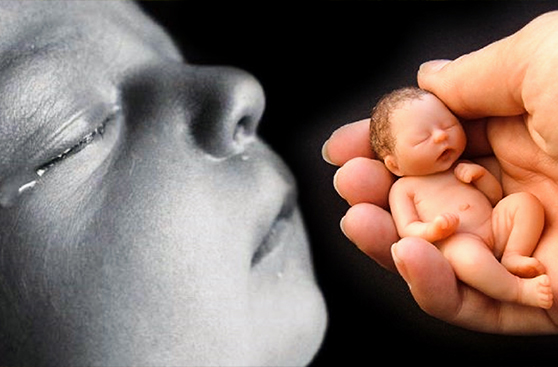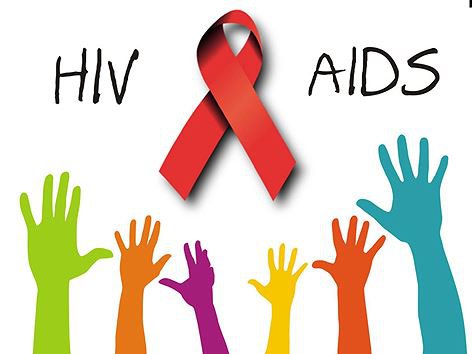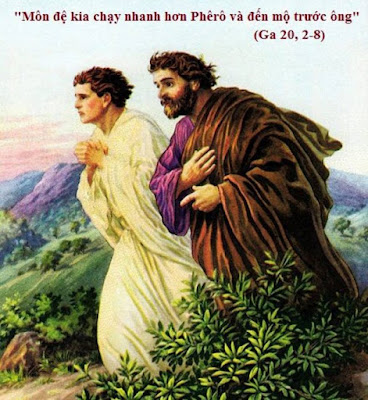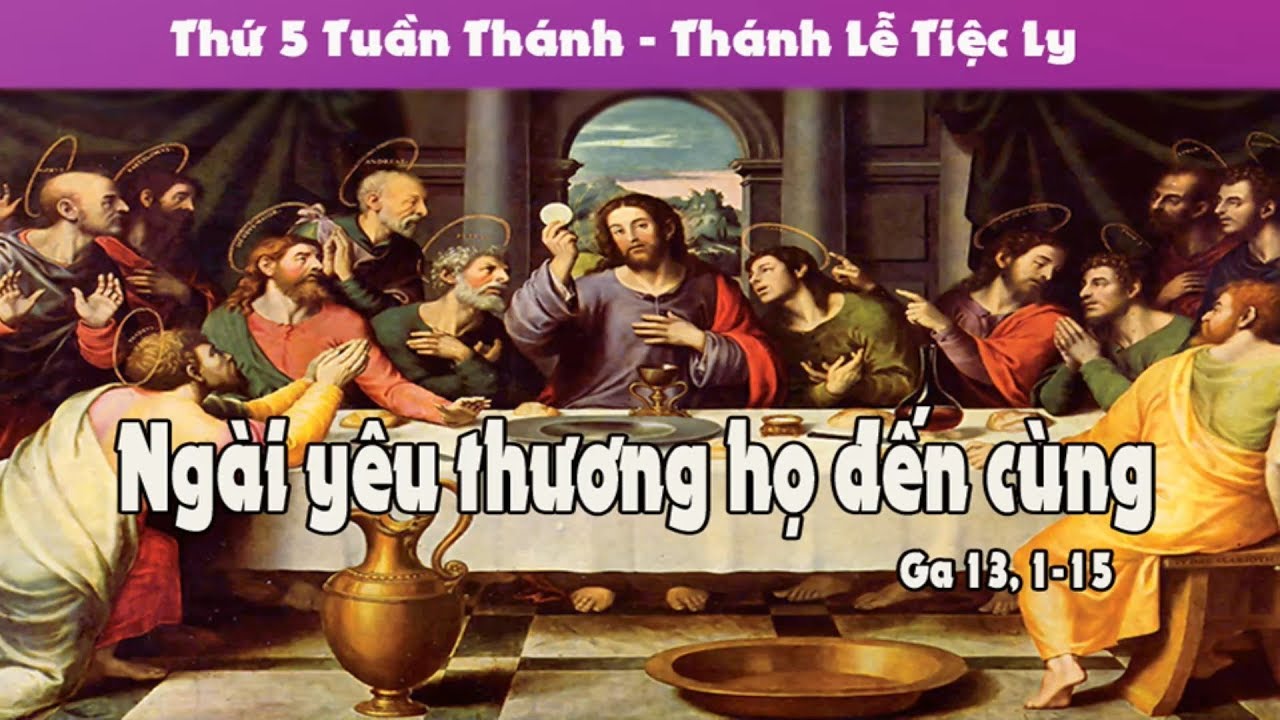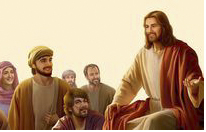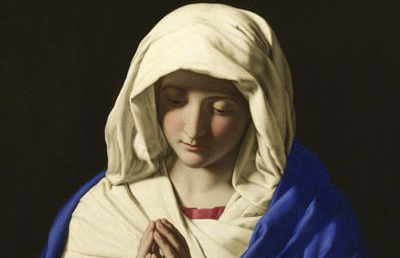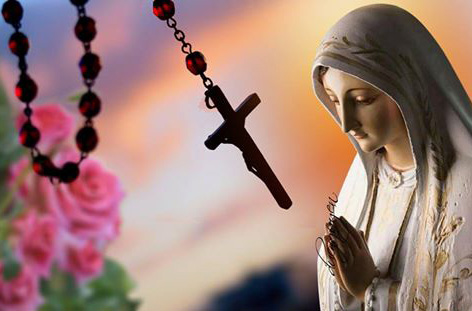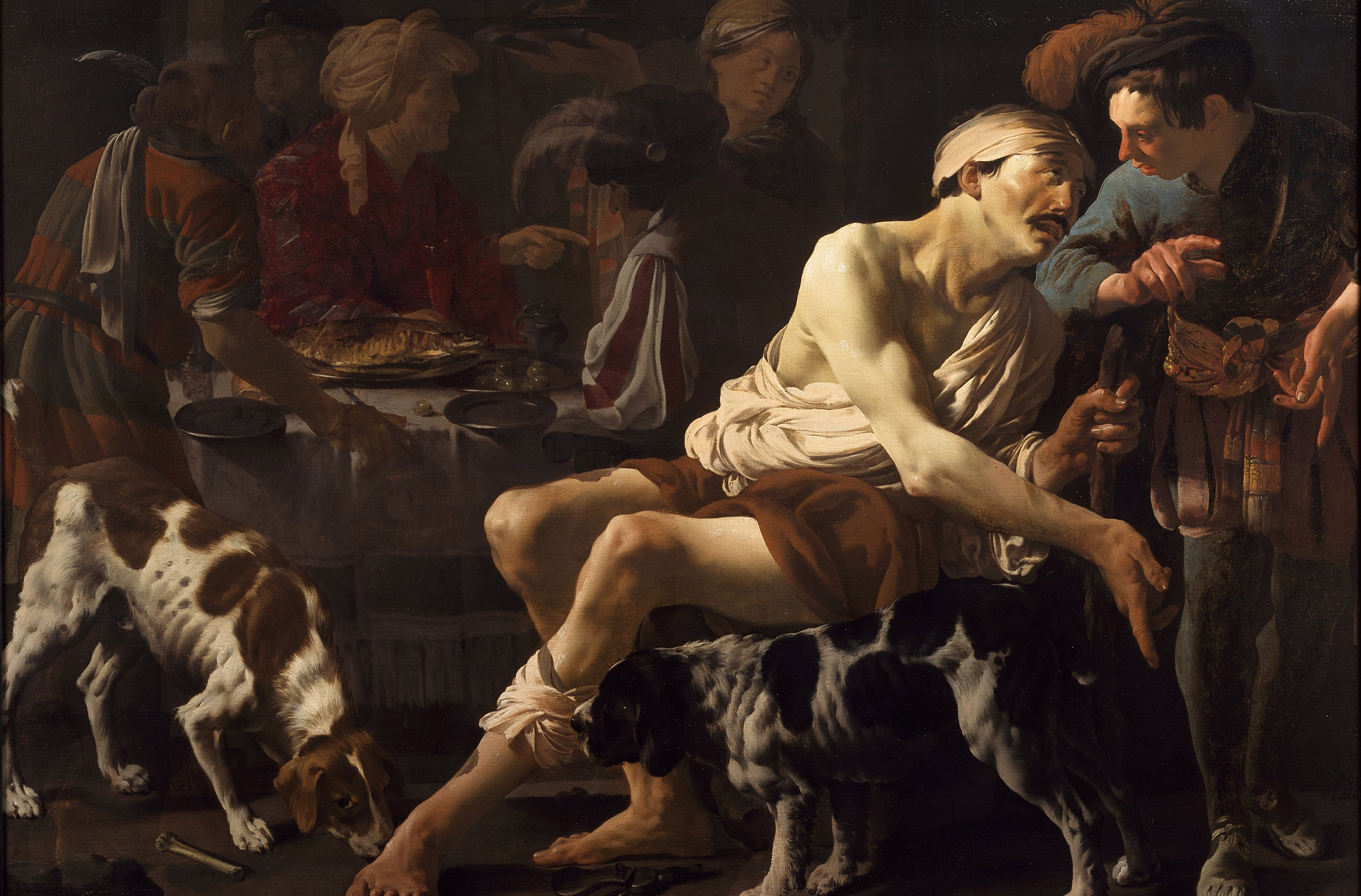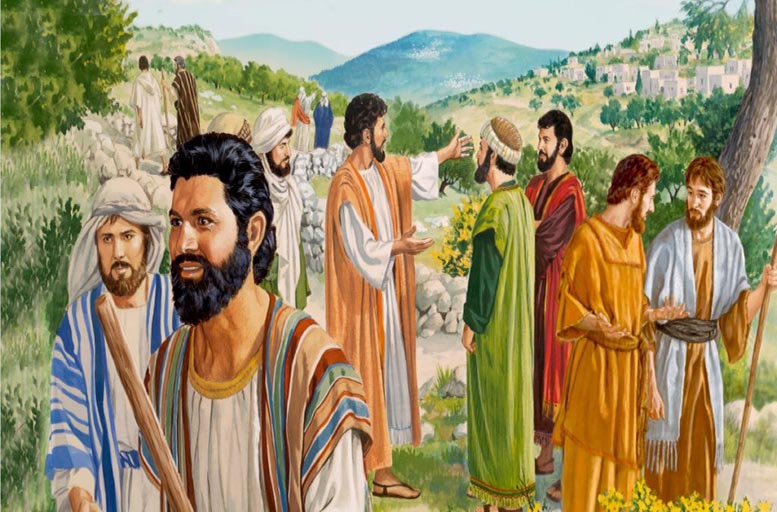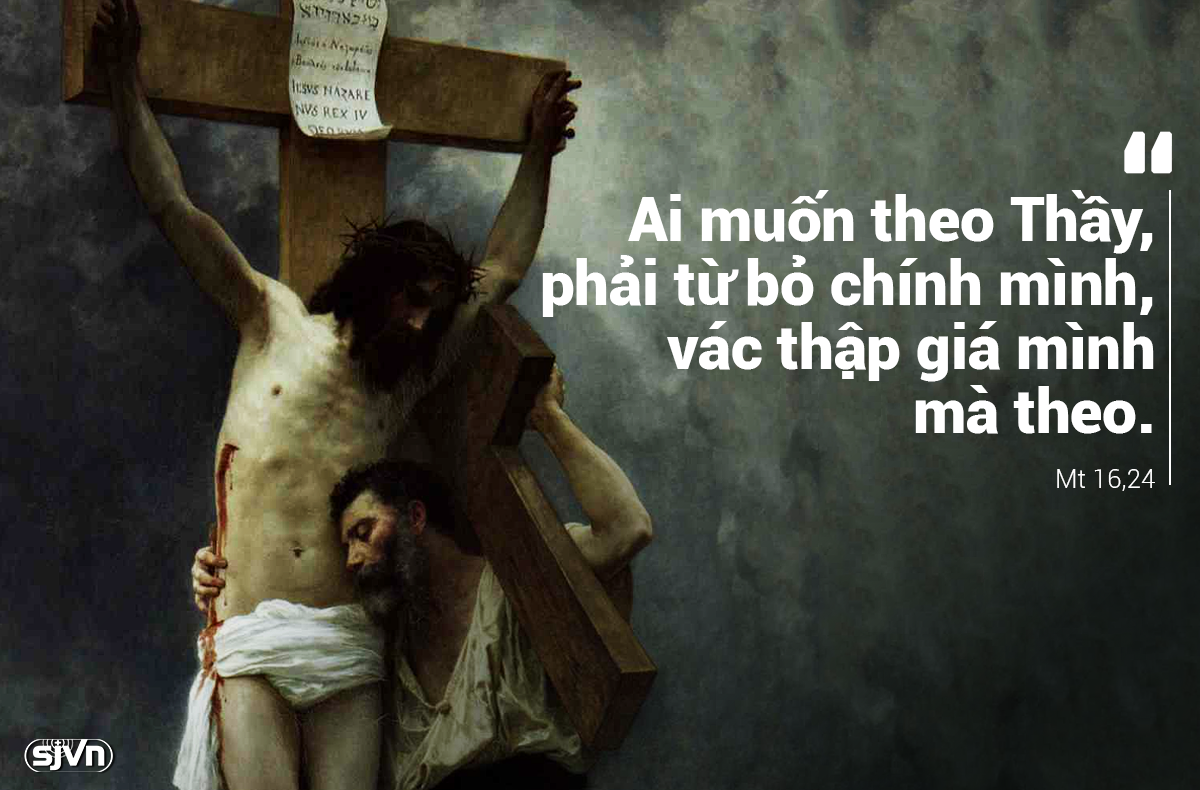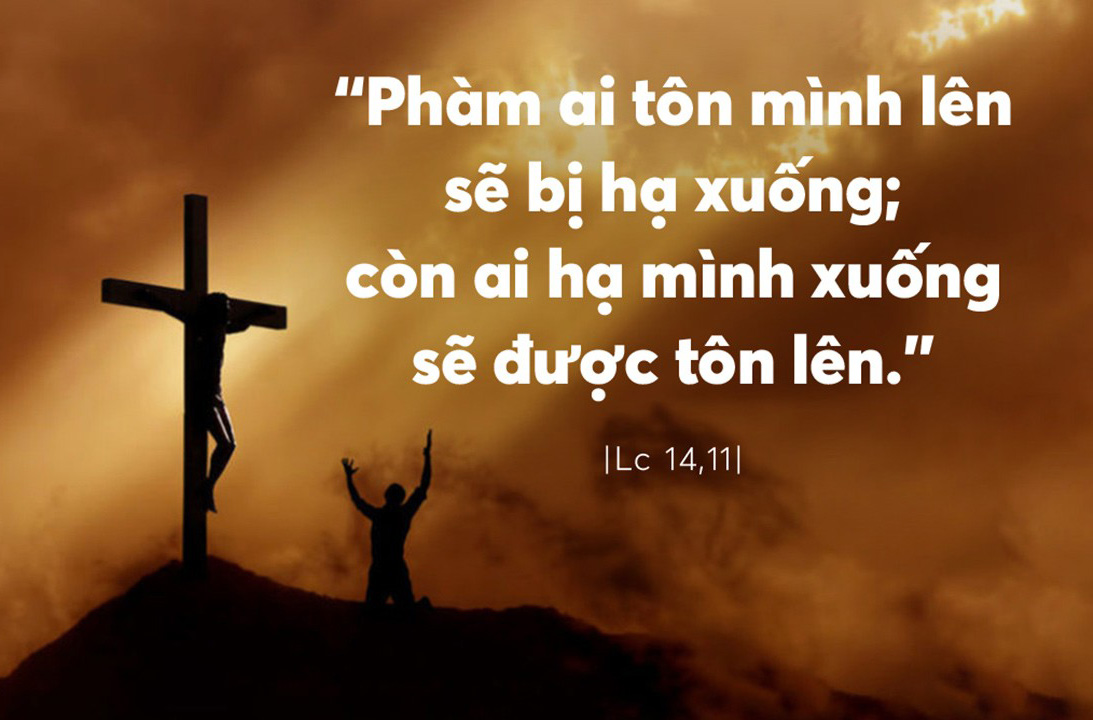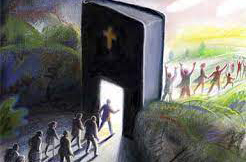Reflection
4th Sunday of Lent | Year C
Luke 15:1-3, 11-32
The tax collectors and the sinners were all seeking the company of Jesus to hear what he had to say, and the Pharisees and the scribes complained. ‘This man’ they said ‘welcomes sinners and eats with them.’ So he spoke this parable to them:
‘A man had two sons. The younger said to his father, “Father. Let me have the share of the estate that would come to me.” So the father divided the property between them. A few days later, the younger son got together everything he had and left for a distant country where he squandered his money on a life of debauchery.
‘When he had spent it all, that country experienced a severe famine, and he now began to feel the pinch, so he hired himself out to one of the local inhabitants who put him on his farm to feed the pigs. And he would willingly have filled his belly with the husks the pigs were eating but no one offered him anything. Then he came to his senses and said, “How many of my father’s servants have more food than they want, and here I am dying of hunger! I will leave this place and go to my father and say: Father, I have sinned against heaven and against you; I no longer deserve to be called your son; treat me as one of your paid servants.” So he left the place and went back to his father.
‘While he was still a long way off, his father saw him and was moved with pity. He ran to the boy, clasped him in his arms and kissed him tenderly. Then his son said, ‘Father, I have sinned against heaven and against you. I no longer deserve to be called your son”. But the father said to his servants, “Quick! Bring out the best robe and put it on him; put a ring on his finger and sandals on his feet. Bring the calf we have been fattening, and kill it; we are going to have a feast, a celebration, because this son of mine was dead and has come back to life; he was lost and is found.” And they began to celebrate.
‘Now the elder son was out in the fields, and on his way back, as he drew near the house, he could hear music and dancing. Calling one of the servants he asked what it was all about. “Your brother has come” replied the servant “and your father has killed the calf we had fattened because he has got him back safe and sound.” He was angry then and refused to go in, and his father came out to plead with him; but he answered his father, “Look, all these years I have slaved for you and never once disobeyed your orders, yet you never offered me so much as a kid for me to celebrate with my friends. But for this son of yours, when he comes back after swallowing up your property – he and his women – you kill the calf we had been fattening.”‘The father said, “My son, you are with me always and all I have is yours. But it is only right we should celebrate and rejoice, because your brother here was dead and has come to life; he was lost and is found.”’
Reflection
Parents with more than one child will immediately recognize the way in which the relationship between the two siblings and the father manifested itself. The two sons were adults but both appeared to have a childish streak – a part of them which had not matured.The younger son probably felt doubly under authority in the household, with both the father and elder brother in superior roles, so as an adult he struck out for independence as many teenagers do in different ways. The elder brother had a streak of sibling rivalry which originated in childhood but had never left him. It showed when the younger son received more attention and rewards than he did.The story is often viewed as being about the forgiveness of the father, the “seeing of the light” of the younger son, and the jealousy of the older son. However one virtue links all three people involved, either in its presence or its absence – generosity.Initially the younger son was selfish, wanting to withdraw his share of the property without consideration of how that might affect the family’s joint fortunes. He was lacking in the generosity which would have allowed all to continue to share in the benefits of both his labour and his assets. He wanted them for himself, and in being given them, immaturity promptly led him to lose them.The older son was initially generous in that he continued to contribute to the family’s work and wealth. However his generosity could not stretch as far as forgiving and welcoming his brother after he had squandered his assets.The father was generous in allowing the younger son to experience independence, and generous in forgiving him. Generosity is often a pre-requisite for both letting someone or something go, and for being able to forgive. The father was also generous in his kind response to the older brother.Immature sibling relationships can emerge in families even when all the members are adults, even middle-aged or older. Brothers and sisters are a precious gift. Adult conflict between siblings is profoundly distressing, especially for parents, but also for the siblings involved and those who are bystanders. Members of a family should always be able to rely upon one another for love, acceptance and support.Lent offers an opportunity to look into those feelings, often originating in childhood, which can lead to strained family relationships. Streaks of immaturity can continue to exist below the surface even in mature adults. Growth in generosity, and the way its enables forgiveness, can release us from immaturity in our family relationships and lead us into new relationships with people we have known all our lives.
The List of Contributions Received by Caritas Vietnam
1. The list of 2024 contributions to the Caritas Vietnam general charity fund
2. The list of 2023 contributions to the Caritas Vietnam general charity fund
Latest project information
Copyright © 2018 by COMMISSION on CHARITY and SOCIAL ACTIONS - CARITAS VIETNAM
Total visits: 25,765,956


